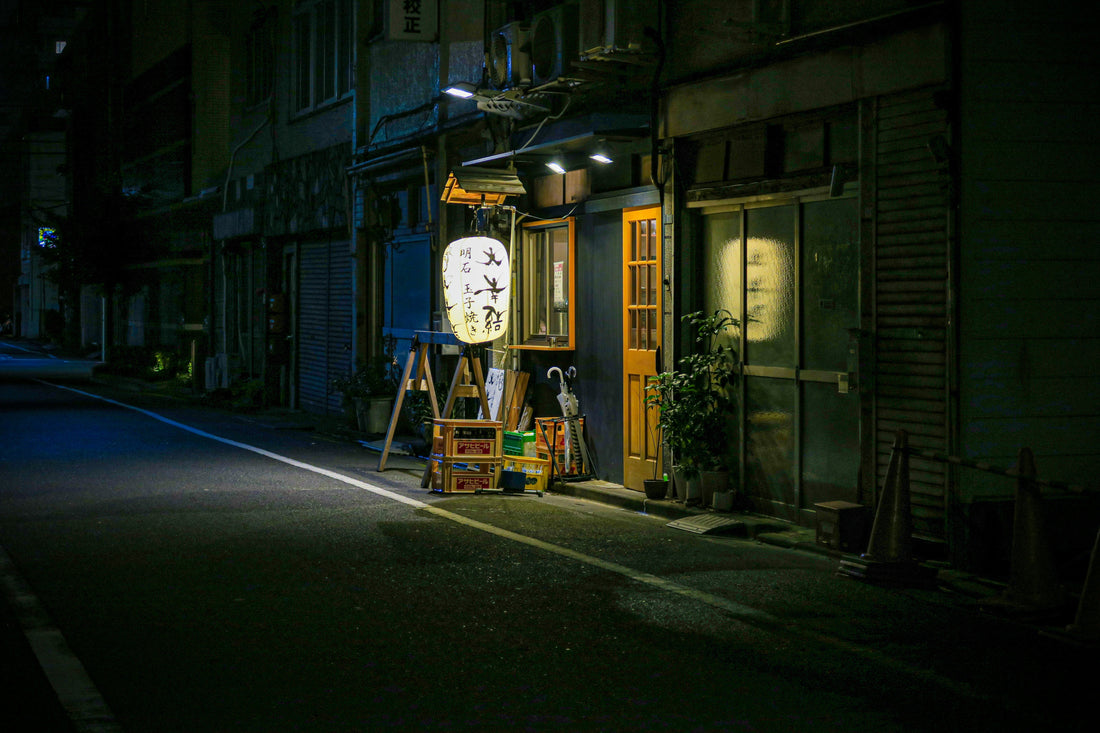Reading material
Japanese Coffee Culture: From Kissaten to Specialty Cafes

Japanese Coffee Culture: From Kissaten to Specialty Cafes
― Tradition Meets Modernity with BONGENCOFFEE ―
Introduction: Japan’s Unique Coffee Journey
When people think of Japan, tea often comes to mind first. Yet, coffee has carved out a unique place in Japanese culture over the past century. From the nostalgic kissaten of the Showa era to the wave of sleek specialty cafés in today’s cities, Japan’s coffee scene reflects a fascinating blend of tradition and modern innovation. For travelers exploring Tokyo, Kyoto, or Osaka, coffee isn’t just a drink—it’s an experience deeply connected to the local culture.
The Golden Era of Kissaten
Kissaten, or traditional Japanese coffee houses, rose to prominence in the 20th century. With dim lighting, wooden interiors, and the quiet hum of conversation, these cafés offered much more than coffee—they became sanctuaries for writers, intellectuals, and workers seeking comfort. Kissaten were known for meticulous brewing methods like siphon coffee and nel drip, producing a deep, rich cup that matched Japan’s attention to detail. Even today, classic spots such as Café de L’Ambre in Ginza preserve this old-world charm.
The Rise of Specialty Coffee in Japan
In the 21st century, Japan embraced the global specialty coffee movement. Modern cafés emphasize single-origin beans, direct trade, precision brewing, and minimalistic design. Cities like Tokyo and Kyoto now rival global hubs such as Melbourne or New York in the quality and creativity of their coffee scenes.
Here are some of the defining features:
-
Precision brewing with pour-over methods like V60.
-
Focus on single-origin beans, highlighting terroir and farmer relationships.
-
Design-driven cafés blending coffee with architecture, lifestyle, and art.
BONGENCOFFEE: Where Tradition Meets Specialty
Among the many specialty cafés in Tokyo, BONGENCOFFEE stands out as a perfect embodiment of Japanese coffee culture’s evolution. Located in Ginza and Nihonbashi, BONGENCOFFEE combines the refined aesthetics of Japanese tradition with the highest standards of specialty coffee.
What makes BONGENCOFFEE unique?
-
Japanese aesthetics: Interiors feature bonsai, wood textures, and minimalist design, creating a serene space that feels distinctly Japanese.
-
Original roasting: Beans are roasted in their own SHIRAFUSHI Roastery, ensuring freshness and a flavor profile carefully tuned for both locals and international coffee lovers.
-
Signature blends: The Ginza Blend and Original Blend reflect balance, depth, and refinement, capturing the spirit of Tokyo.
-
Cultural pairing: Beyond coffee, BONGENCOFFEE offers unique pairings with wagashi (Japanese sweets) and even onigiri, reflecting a deep respect for Japanese food culture.
For travelers, visiting BONGENCOFFEE is more than a coffee stop—it’s a cultural experience where Japan’s artistry meets the global specialty coffee movement.
Coffee Beyond Tokyo: Kyoto and Osaka
While Tokyo leads the charge, Kyoto and Osaka also contribute significantly to Japan’s coffee identity.
-
Kyoto is home to elegant cafés like % Arabica, blending coffee with the city’s rich tea tradition.
-
Osaka, the nation’s kitchen, has seen a surge of independent roasters and cozy kissaten, offering bold flavors to match the city’s energy.
Together, these cities illustrate how Japanese coffee culture continues to expand, embracing both heritage and innovation.
FAQs: Japanese Coffee Culture for Visitors
Q: How is Japanese coffee different from other countries?
A: Japanese coffee culture emphasizes precision, hospitality (omotenashi), and unique design elements. Coffee here is not just consumed—it’s carefully experienced.
Q: Where should travelers go for coffee in Tokyo?
A: While Tokyo has countless options, BONGENCOFFEE in Ginza and Nihonbashi offers an unmatched fusion of Japanese tradition and specialty coffee.
Q: Can I buy Japanese coffee beans as souvenirs?
A: Yes, many roasters including BONGENCOFFEE sell beautifully packaged beans, perfect as gifts to take home.
Conclusion: Experience Japan Through Coffee
From the nostalgia of Showa-era kissaten to the innovation of specialty cafés, Japanese coffee culture is a living blend of past and present. For visitors, it’s an opportunity to experience Japan through taste, design, and atmosphere. And at the heart of this evolving culture is BONGENCOFFEE, where tradition and specialty coffee meet in perfect harmony.
👉 BONGENCOFFEE | OFFICIAL SITE
https://ginza-bongen.jp/